Drama is well-placed as a means to highlight and explore bullying issues, giving pupils the opportunity to try out anti-bullying strategies for themselves. Below are two such approaches, suitable for key stage 2 children (from seven to eleven year-olds). These are edited excerpts from the book Learning Through Drama in the Primary Years by David Farmer.
How does bullying start?
Flashbacks and Flash-Forwards
Using flashbacks or flash forwards creates a context – it shows what led up to a particular moment, how it might be resolved or how it might develop. A setting is given, such as a playground or classroom. Pupils are asked to think of still images related to bullying. The group stands in a circle and one by one participants step in and make a still image as part of a developing tableau. Nothing is pre-planned. When sufficient characters have been added, thought tracking can be used to establish a little more about the characters.
Explain that when you clap your hands, you would like the students to move silently in slow motion to where they think their character would have been a few moments before. Again they are thought-tracked. Now return them to the present moment and then flash forwards to show what might happen next. Using this technique you have created an episode with a beginning, middle and end and can develop it in any number of ways. This can lead onto discussion, hot-seating, role-play and writing.
Gathering opinions about bullying
Where Do You Stand?
This activity enables pupils to explore their own opinions and understand how others feel about bullying. Set up two chairs with “Agree” and “Disagree” signs. Read out one statement at a time and ask the children to place themselves according to what they believe, stressing that there is not always a “right” answer. Pupils standing near each other can discuss their decisions and random students can be picked out to explain why they have chosen their particular location. Following this, children can change position if they have formed a new opinion.
Suitable statements include:
- It’s best to keep it a secret if you are bullied.
- If you see somebody in trouble you should try to stop the bullies.
- It’s OK to call someone a name if you are only joking.
- It’s better to tell a friend about bullying than to tell the teacher.
- If you ignore bullies they will go away.
- Anyone can be a bully.

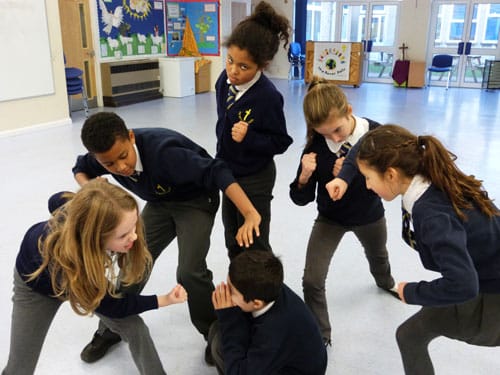


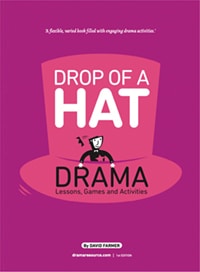
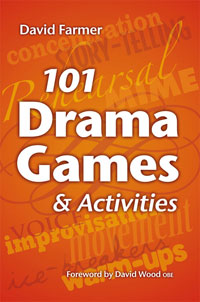
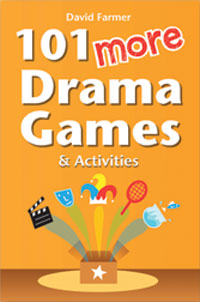
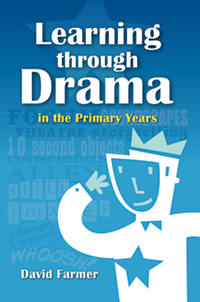
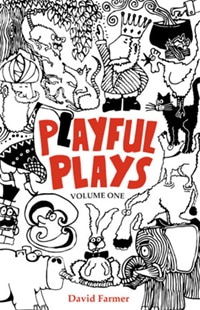
You must be logged in to post a comment.